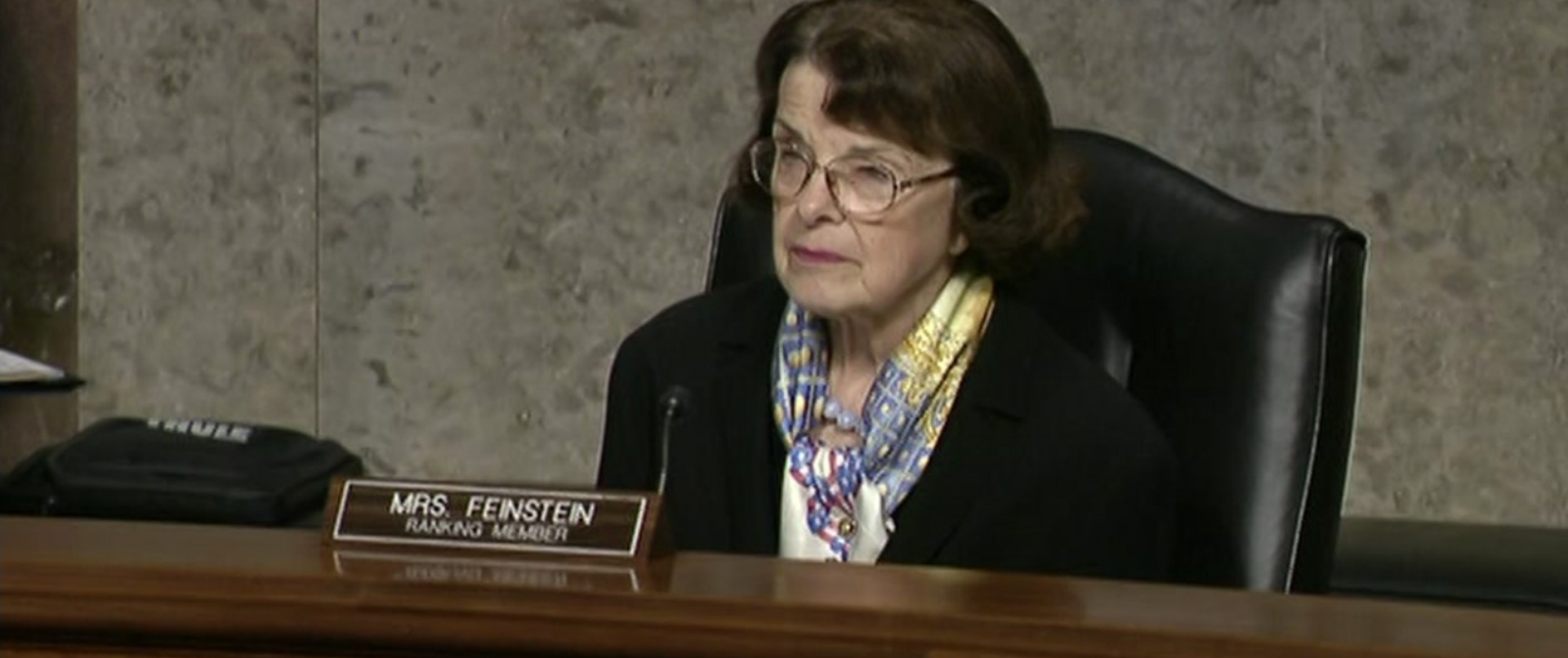Pelosi Advises Trump Against Taking Hydroxychloroquine, Calls Him Morbidly Obese
Speaker of the House, Nancy Pelosi said on Monday that it’s “not a good idea” for President Trump to be taking hydroxychloroquine as a potential treatment for coronavirus.
“I would rather he not be taking something that has not been approved by the scientists, especially in his age group and in his, shall we say, weight group, morbidly obese, they say,” Pelosi said in an appearance on CNN’s “Anderson Cooper 360.”
“So, I think that it’s not a good idea,” she said.
These comments were prompted by a statement made by President Trump earlier in the day, saying that he has been taking hydroxychloroquine, which is used to treat malaria, for the past week and a half after one of his personal valets tested positive for the coronavirus.
The President has consistently hailed the drug as a potential coronavirus cure or preventative measure over the past two months, even though there is no evidence proving its effectiveness against the disease.
“Here’s my evidence: I get a lot of positive calls about it,” Trump said on Monday. “So far, I seem to be OK.”
Senate Minority Leader Charles Schumer also made a statement calling Trump’s decision to take hydroxychloroquine “reckless.”
“I know him saying he is taking it, whether he is or not, is reckless, reckless, reckless. It gives people false hope, has people avoid real medical attention, and can actually cause them trouble. It is just dangerous what he did,” Schumer said in an appearance on MSNBC.
The Food and Drug Administration issued a warning last month that the drug should not be taken outside of a hospital or clinical trial due to the risk of heart rhythm problems.
This after an analysis of patients at Veterans Affairs hospitals across the country found that the death rates of people treated with hydroxychloroquine were higher than those who did not receive the treatment.
The Trump White House later that day, released a memo from the president’s physician stating that the two discussed the use of hydroxychloroquine and determined “the potential benefit from treatment outweighed the relative risks.”












